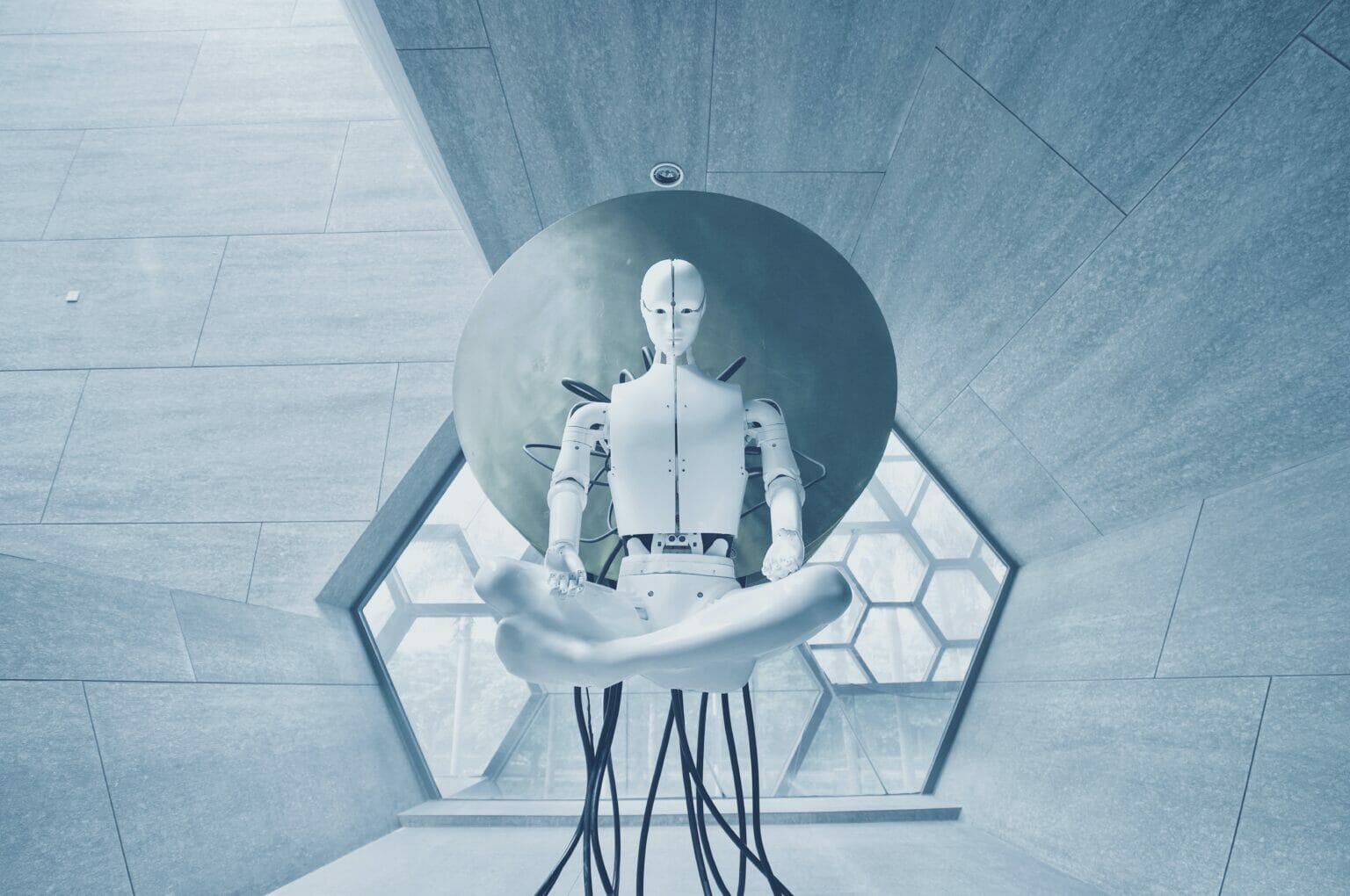The co-founder of Nvidia says that companies and people without AI skills will fail.
Jensen Huang, CEO and co-founder of Nvidia, has said that AI will change every job and how businesses work. Those who don’t realise this will be left behind, he said.
At a graduation ceremony at the National Taiwan University in Taipei, the tech mogul said that businesses and people should adapt to the new wave of AI technologies or risk falling behind.
“Companies that are quick to change will use AI to improve their place. “Companies that aren’t as good will fail,” Bloomberg said he said. Huang told graduating students, “Some people worry that AI will take their jobs, but someone who knows a lot about AI will.”

Unlike some of his tech peers, Huang doesn’t seem to be worried about the risks posed by the rise of AI technology or the bad things that could result from it. He said that it would soon be used to improve the performance of workers in many different fields and to create jobs that didn’t exist before. However, he also said that it would make some jobs useless. He told students that in the age of AI, they need to come up with something new and fast or risk being left behind.
“In 40 years, we’ve made the PC, the internet, smartphones, the cloud, and now AI. What are you going to make? Whatever it is, run after it like we did. Run, don’t walk,” he said. “Either you are running for food, or you are running away from becoming food.”
Even though the release of chatbots like ChatGPT has sparked a lot of interest in AI, several well-known people in the tech industry have warned about the risks of using AI technology without any rules.
Sam Altman, the CEO of OpenAI, which made ChatGPT, stated in front of the US Congress earlier this month that he was worried that AI technology could go “quite wrong,” and he asked lawmakers to set rules.
Around 1,000 leaders in the tech industry, like Tesla CEO Elon Musk and Apple co-founder Steve Wozniak, signed an open letter in March warning of the dangers of an uncontrolled AI arms race and asking Silicon Valley to stop developing new tech for six months.
